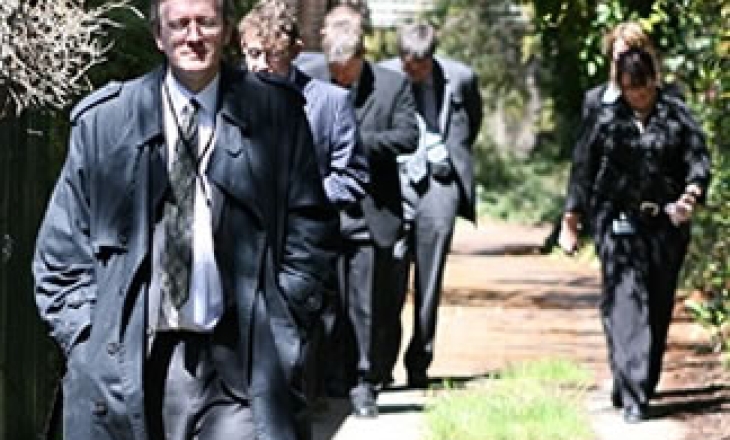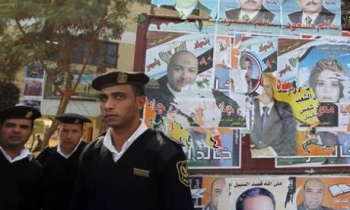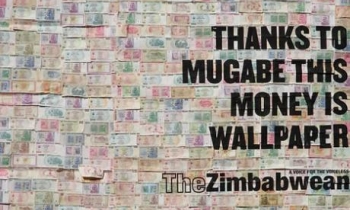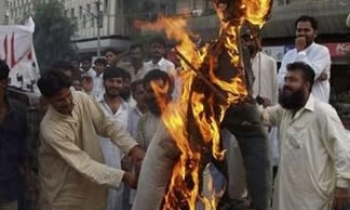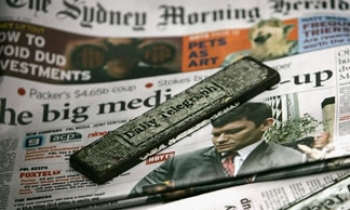Australian federal police raided the house of a Canberra journalist Tuesday seeking to identify the source for a story quoting classified material from the top-secret Defence Intelligence Organisation, the Age has reported.
Seven officers searched the home of Canberra Times national affairs correspondent Philip Dorling at 8.30 am. They took Dorling's laptop computer, the hard drive from a second computer and some documents.
Some details that the newspaper reported:
"This has been an outrageous action against the freedom of the press," Dorling said. He described the search as extremely thorough, with police going through the garbage and searching the roof cavity. Dorling said he believed the raid was connected to his story published on June 14 under the headline "Revealed: our spy targets".
The story quoted from classified briefing papers prepared for Defence Minister Joel Fitzgibbon. It said Australian intelligence agencies were spying on close ally Japan, including watching its civilian nuclear and space programmes. It said another staunch ally of the West, South Korea, was also targeted for spying, as well as China and North Korea.
The Australian Federal Police confirmed it had executed a search warrant on a residential address and a vehicle, but declined to reveal any further details, citing "operational reasons".
A separate government source said the police investigation had been requested by the Defence Department. The department said in a statement that it would be inappropriate to comment on a police investigation.It is not the first time federal police have raided Dorling's home. Eight years ago police and Defence Department officers searched his residence for Defence Intelligence Organisation assessments of militia activity in East Timor. The assessments had been leaked to a number of media outlets, including The Age.
The Sydney Morning Herald said the raid came after a crackdown on leaks under the Howard government, which appears to have continued under the Rudd government.
The Herald report mentioned:
Three months ago, police investigated the records of the Channel Nine journalist Laurie Oakes after leaks about the Government's FuelWatch programme.
A coalition of media groups, Australia's Right to Know, condemned the raid and called on governments to pass shield laws to protect whistleblowers and journalists. A spokesman, Greg Baxter, said it raised serious questions about free speech. "There is no evidence that national security or public safety is at risk or that this information could lead to a serious crime in this instance and therefore there are simply no legitimate grounds for today's police raid," he said.

